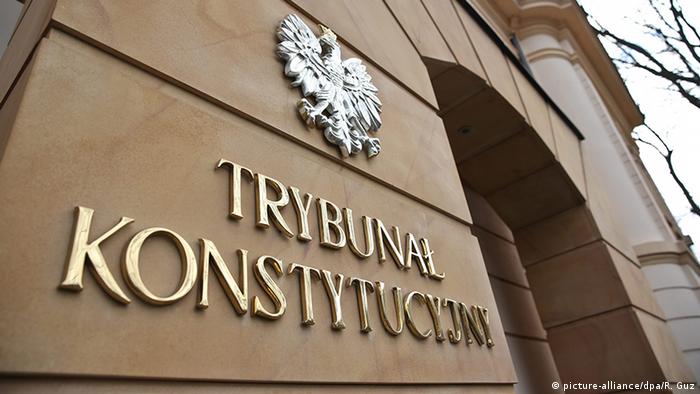
Fatihhan Balaban
Traineeship Program Participant
Abstract: Euroscepticism expresses negative attitudes and views towards European integration. In today's European politics, Euroscepticism finds a place for itself in political parties and social level. As a result of expressing Euroscepticism together with populism, another rising trend of European politics, the concept called populist Euroscepticism has emerged. In this study, the criticism of the rule of law that Brussels has directed to Poland in recent years, and the "superior law" debates arising from the conflict between European Union law and national law are discussed in the context of populist Euroscepticism. The possible effects of the debates on European Union integration and populist-Eurosceptic political movements are evaluated from different perspectives.
This report is accessible through the AVİM Library.
© 2009-2025 Center for Eurasian Studies (AVİM) All Rights Reserved
AVİM’de tüm yıl boyunca Uygulamalı Eğitim Programı (UEP) devam etmektedir. Avrasya bölgesine dair çalışmalara ilgi duyan adaylar, bu programa kısa veya uzun dönemli katılımlar için başvuruda bulunabilirler.
Bu sayfada AVİM Uygulamalı Eğitim Programı katılımcılarının hazırlamış oldukları raporlardan bazı örnekler yayınlanmaktadır. Yayınlanan raporlar yalnızca yazarlarının görüşlerini temsil etmektedir ve bu raporların AVİM için bağlayıcılığı bulunmamaktadır.
The Traineeship Program at AVİM is offered throughout the year. Applicants are expected to possess a high interest in Eurasian affairs. Applications for the program may be made either for the short or the long term.
Some examples of the reports prepared by Traineeship Program participants are published on this page. These reports solely reflect the views of their authors and are not binding for AVİM.

